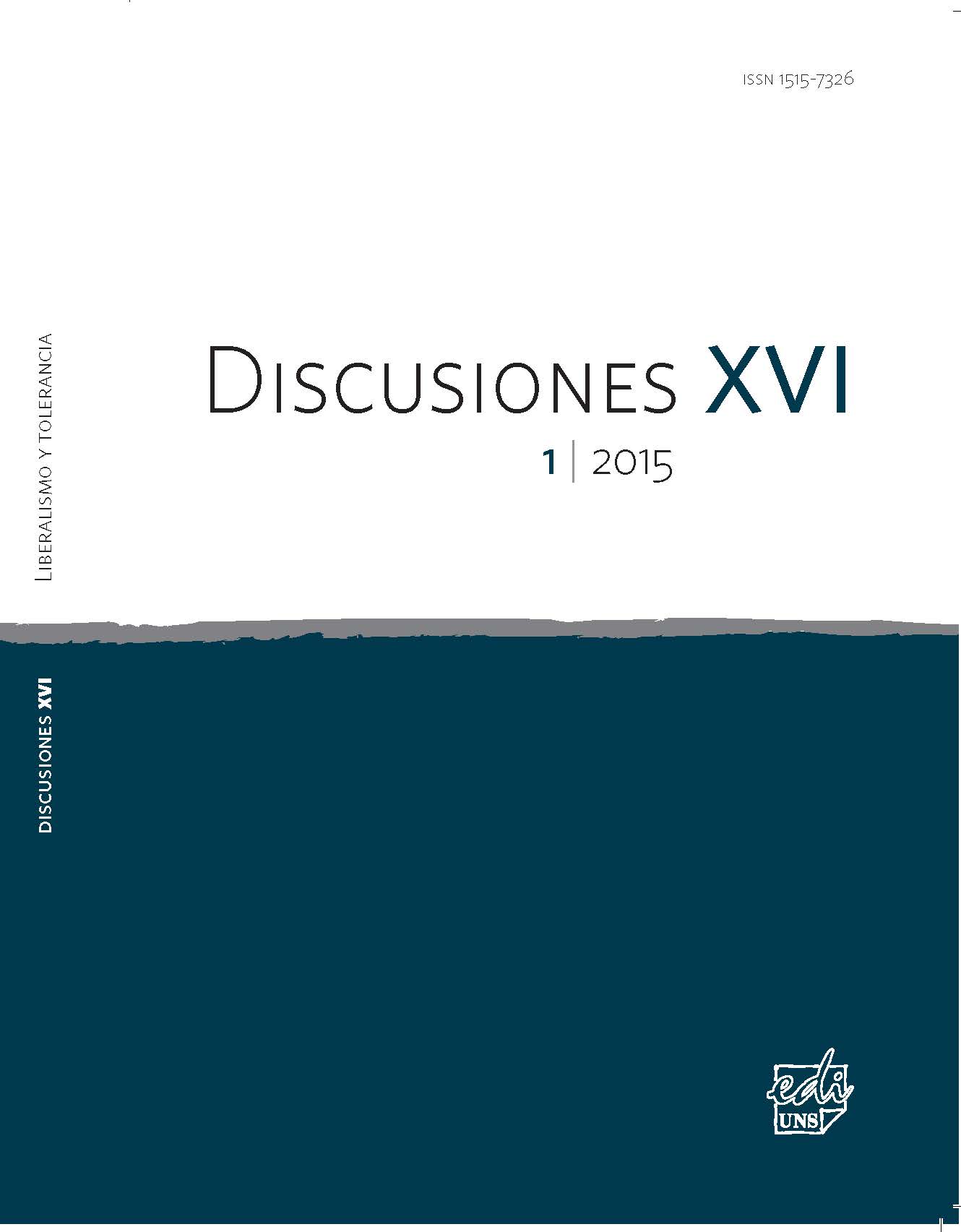Universalism and Particularism: From the Moral to the Law
DOI:
https://doi.org/10.52292/j.dsc.2015.2424Abstract
In ‘Reasons and Norms’ Redondo set herself to import the terms of the discussion between universalism and particularism from moral philosophy to legal theory. In this article, I critically analyse both the way in which Redondo reconstructs the terms of the discussion in the moral domain and her attempt to import it to the legal domain. I defend three fundamental theses. First, Redondo’s reconstruction of the debate between moral universalism and moral particularism is unsatisfactory since she fails to adequately distinguish between norms (that constitute reasons for action) and propositions that describe nomological relations between natural facts and moral reasons, which leads her to encompass very different discussions under one and the same heading. Second, contrary to what Redondo suggests, universalism and particularism are not committed to incompatible models of practical reasoning. Third, after examining different ways to define legal particularism, I conclude that there is no characterisation that is both plausible and connected to particularism in the moral domain.
Downloads
Downloads
Published
How to Cite
Issue
Section
License
Discusiones does not withhold rights of reproduction or copyright. Consequently, authors may share the final versions of publications.


